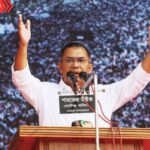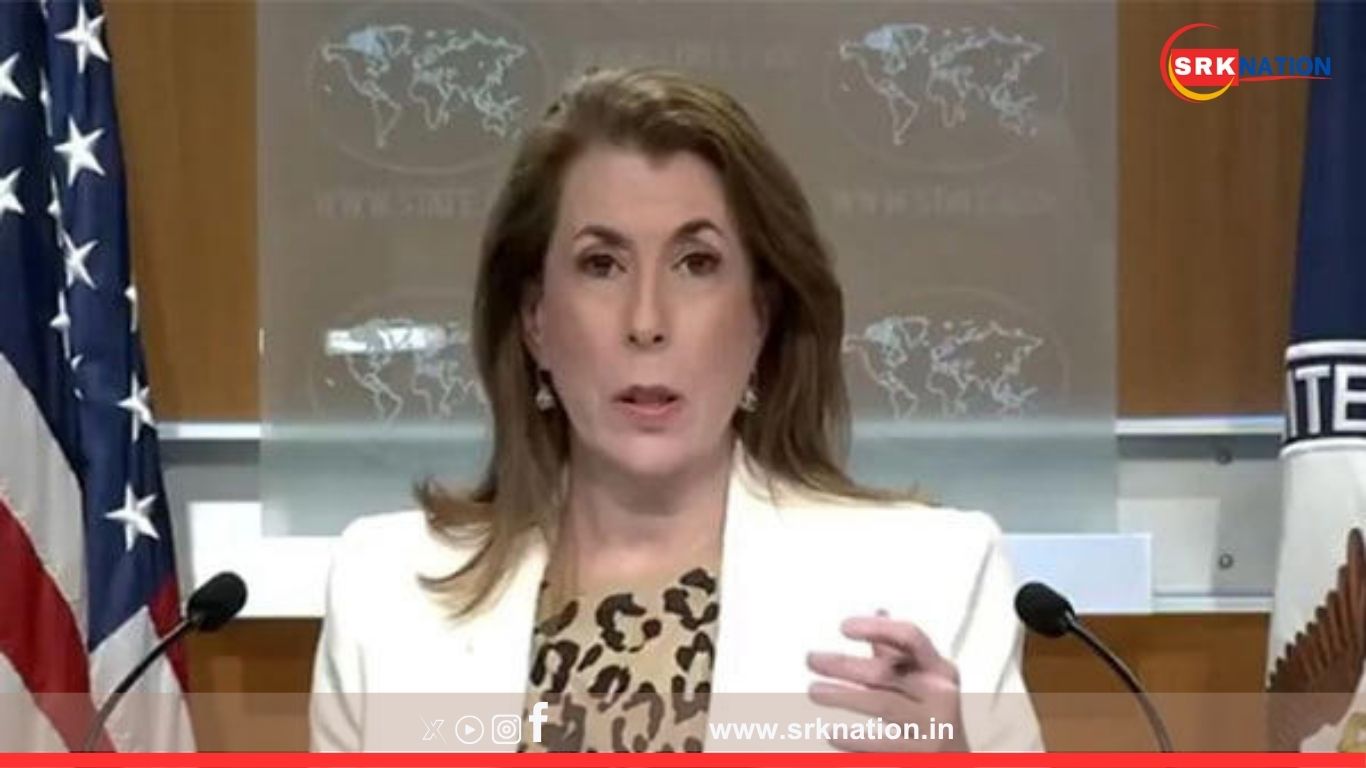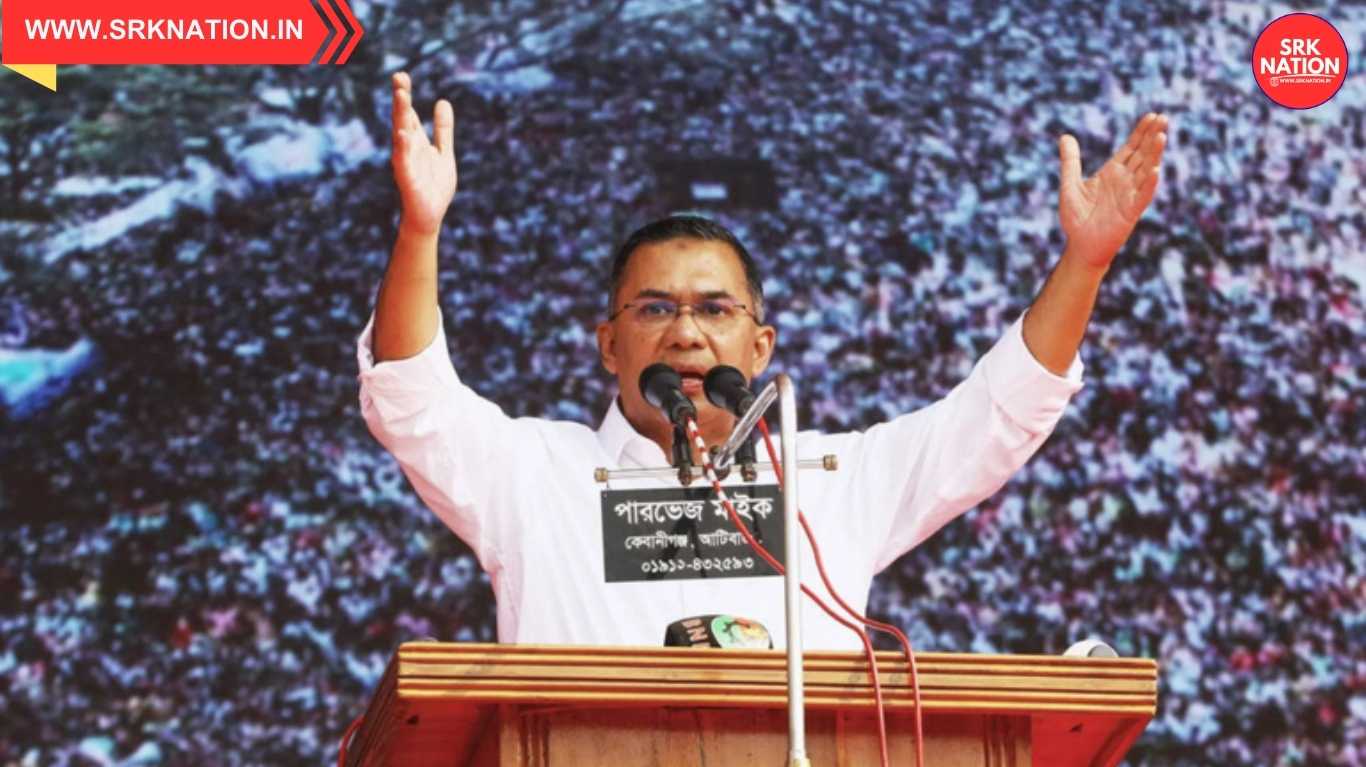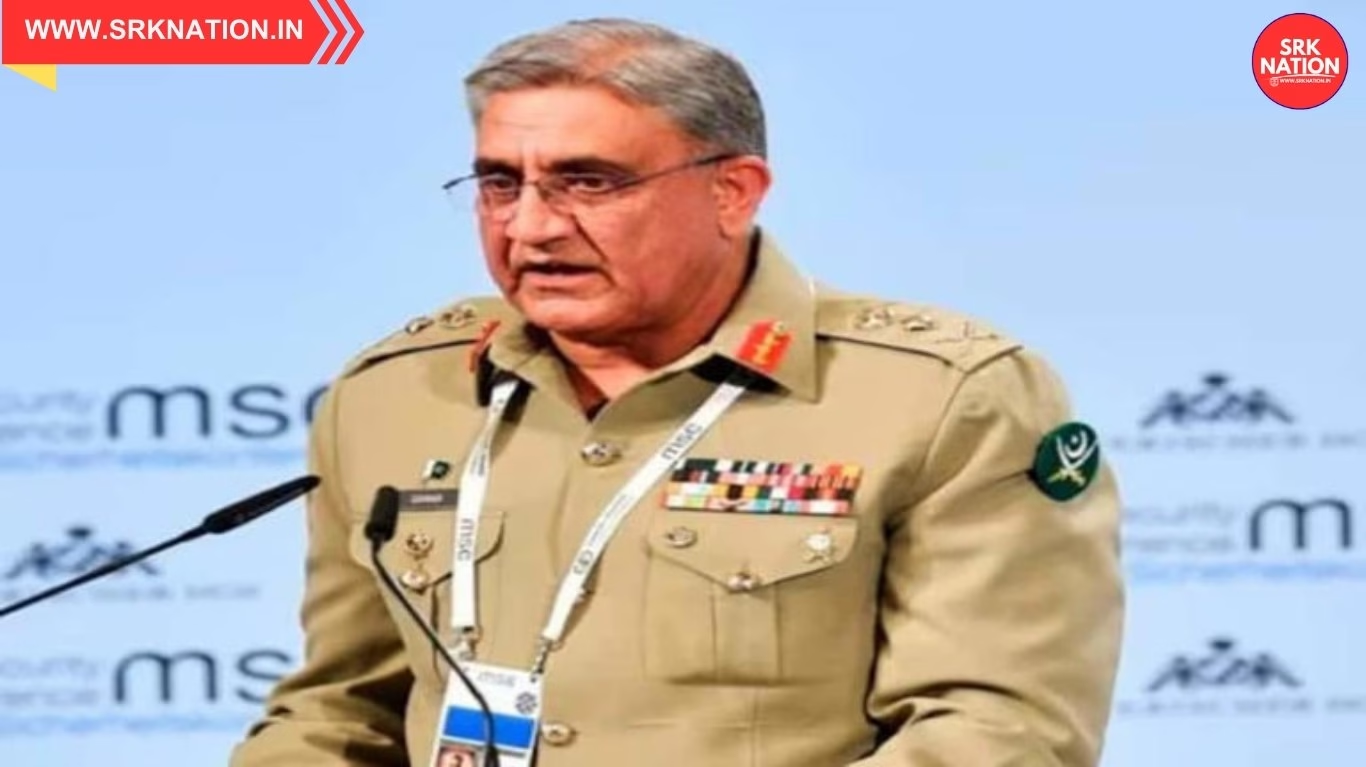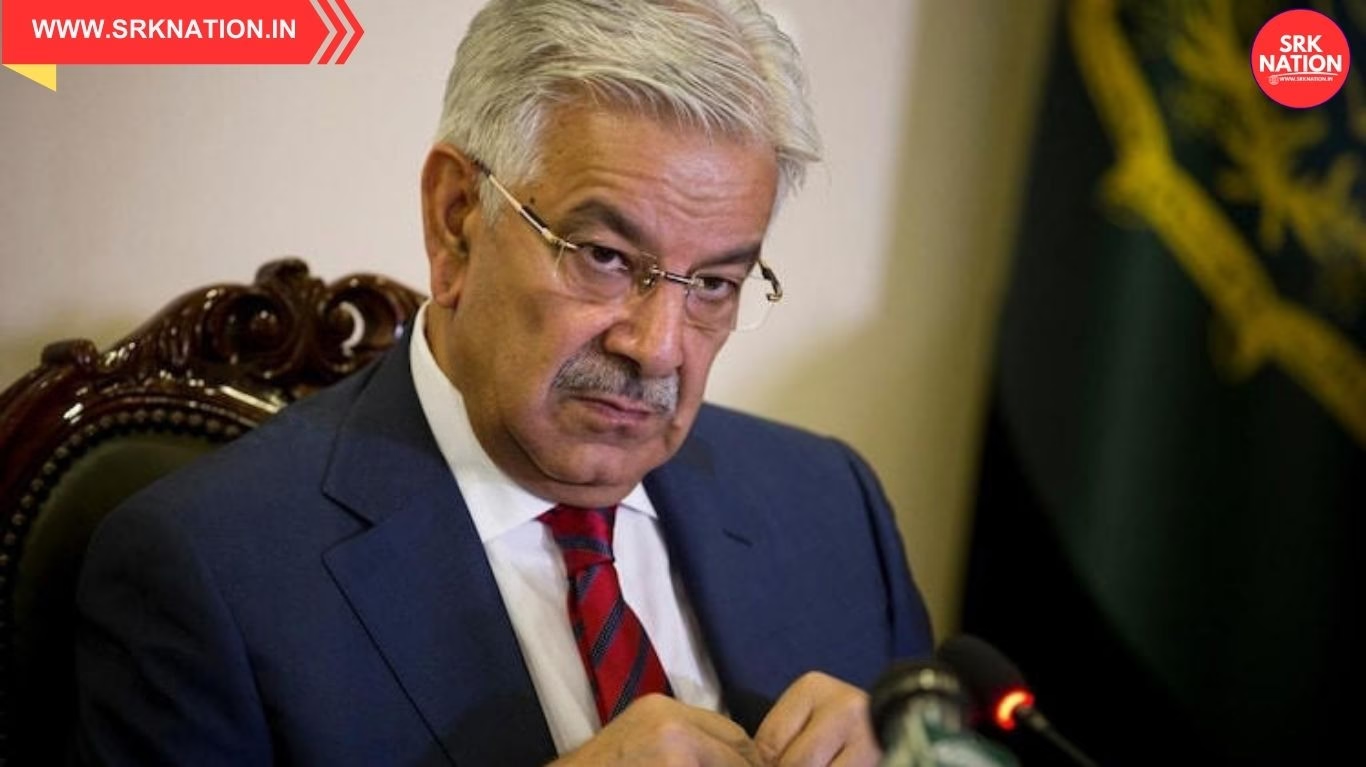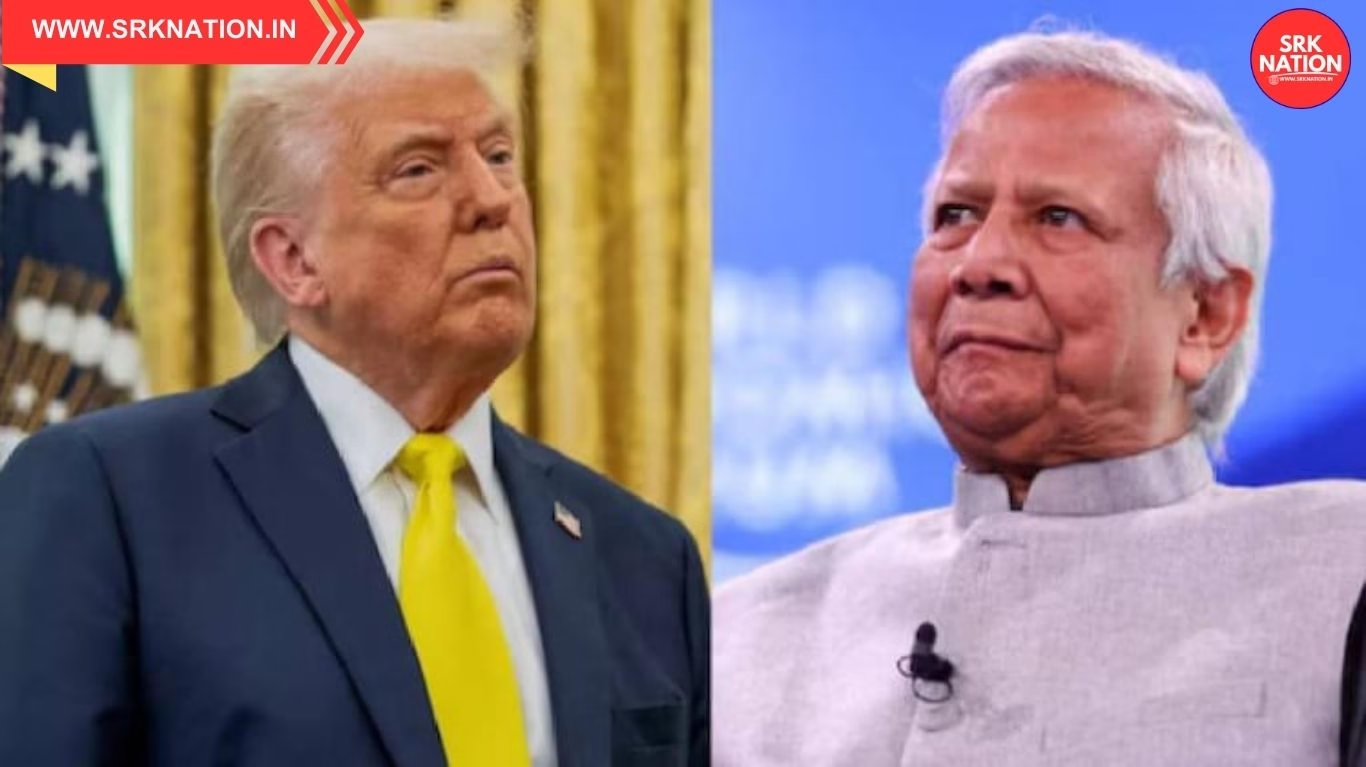In a striking diplomatic exchange, a US State Department spokesperson countered India’s stance that former President Donald Trump had no role in facilitating the ceasefire understanding between India and Pakistan along the Line of Control (LoC). Using the phrase, “Some opinions are wrong, mine rarely are,” the spokesperson implied strong US disagreement with New Delhi’s official line, sparking fresh debate on the role of global powers in South Asian security dynamics.
Background: The Ceasefire Context
In February 2021, India and Pakistan announced a recommitment to the 2003 ceasefire agreement along the LoC, significantly reducing tensions after years of cross-border firing and diplomatic hostilities.
Earlier, then US President Donald Trump, while hosting Pakistan PM Imran Khan, offered to mediate on Kashmir, despite India’s firm rejection of any third-party role in bilateral matters. The Trump administration later claimed it facilitated backchannel talks leading to the LoC calm.
India’s Position
The Indian government consistently maintains that:
- The ceasefire was a bilateral decision, made through established military hotlines and diplomatic channels.
- No external intervention or mediation was involved, aligning with India’s long-standing policy of addressing Pakistan-related matters bilaterally.
The US Rebuttal
This week, when questioned about India’s recent reiteration dismissing Trump’s role, a US State Department spokesperson stated:
“Some opinions are wrong, mine rarely are.”
This direct remark, laced with diplomatic sarcasm, signals the US stand that Trump’s administration did play a facilitative role, at least indirectly, in nudging the two nuclear-armed neighbours towards a thaw.
Diplomatic Reactions: Mixed And Strategic
| Stakeholder | Reaction |
|---|---|
| Indian MEA | Reaffirmed India’s position, refusing to acknowledge any foreign facilitation. |
| Pakistani diplomats | Welcomed the US statement as validation of Islamabad’s narrative of external diplomatic support. |
| US diplomatic circles | Emphasised that “facilitation” is distinct from “mediation,” highlighting a softer form of diplomatic encouragement without formal negotiation. |
Expert Views On The US Claim
Former Indian Ambassador to the US, Arun Singh, observed:
“The US often claims credit for stabilising regional crises. However, India’s position is rooted in sovereign security decisions, not external pressure.”
On the other hand, South Asia analyst Michael Kugelman noted:
“It’s likely that Washington used its leverage over Islamabad to signal de-escalation as beneficial for regional and global stability, especially post-Galwan clashes.”
Broader Implications For India-US Ties
This minor diplomatic tussle comes amid:
- Growing India-US defence cooperation, particularly countering Chinese assertiveness in the Indo-Pacific.
- Washington’s renewed efforts to stabilise South Asia, ensuring no flare-ups distract from its strategic focus on the Taiwan Strait and South China Sea.
However, US remarks questioning India’s narrative on sensitive security matters could:
- Create public perception friction, despite deeper strategic ties.
- Fuel domestic political criticisms in India, wary of perceived external interventionism.
Pakistan’s Position: Strategic Leverage
Pakistan has historically welcomed third-party intervention, hoping to internationalise the Kashmir issue. The US remark bolsters Islamabad’s narrative, although the LoC ceasefire largely holds due to both countries’ domestic and external strategic priorities rather than foreign mediation.
Key Timeline Of Events
| Year | Event |
|---|---|
| 2019 | Trump offers to mediate on Kashmir during meeting with Imran Khan |
| 2020 | Backchannel talks initiated between Indian and Pakistani security officials |
| Feb 2021 | India and Pakistan announce recommitment to 2003 ceasefire |
| 2023-24 | India reiterates no foreign role; US subtly claims facilitation |
| July 2025 | US spokesperson reasserts Trump administration’s claimed influence |
Why Did The US Make This Statement Now?
Analysts point to several possible reasons:
- Reasserting Trump’s diplomatic legacy amidst domestic US political narratives as elections approach.
- Signalling continued US influence in South Asia, especially with Pakistan leaning closer to China economically and strategically.
- Reminding India of US leverage, even as bilateral ties grow stronger in technology, defence, and counter-China strategies.
Indian Public And Strategic Community Response
Social media reactions in India largely criticised the US statement, with comments such as:
- “India does not need Trump’s help to manage its security.”
- “Typical American arrogance undermining a sovereign decision.”
- “Good that India continues to assert its no-mediation policy firmly.”
Strategic commentators advised New Delhi to ignore rhetorical provocations, focusing instead on the structural gains from India-US cooperation under both Democratic and Republican administrations.
Future Of India-Pakistan Ceasefire
Despite rhetorical disputes over its origin, the ceasefire remains:
- Mutually beneficial, reducing casualties and ensuring calm for border communities.
- Strategically necessary, with India focused on the China front and Pakistan battling internal instability and economic crisis.
- Likely to hold, unless triggered by major terror attacks or political escalations ahead of elections in either country.
Conclusion
The US statement, “Some opinions are wrong, mine rarely are,” reflects Washington’s continuing desire to project diplomatic relevance in South Asia. However, India remains steadfast in its bilateral approach to Pakistan, rejecting third-party mediation while welcoming positive external influence that respects its sovereignty.
As elections approach in both the US and India, such diplomatic jabs are expected to rise, but their long-term impact on strategic ties remains minimal given the robust and multi-layered India-US partnership across defence, technology, and Indo-Pacific security frameworks.
Disclaimer
This news content is based on official statements, diplomatic briefings, and expert analyses for journalistic purposes only. Readers are advised to follow government releases and verified updates for any policy implications or national security developments.




